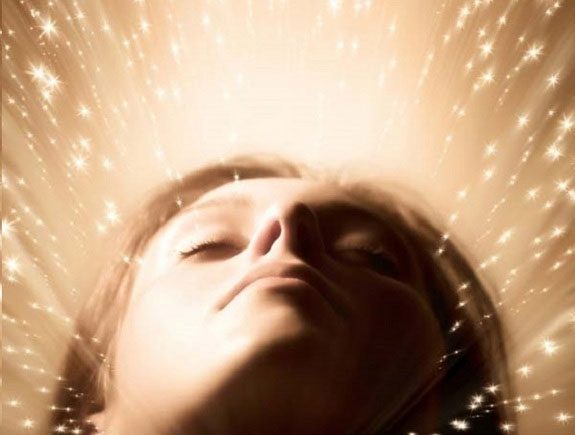Some people often remember vividly what happens in their dreams, while others do not remember anything at all. Research has shown that those who recall their dreams tend to react more strongly when they hear someone call their name upon waking up.
People commonly dream while they sleep, but not everyone can remember these dreams the next day. Until now, scientists have been uncertain why some individuals remember while others do not. To investigate this, researchers used electroencephalography (EEG) to record brain activity in 36 participants. Brain measurements were taken both while awake and asleep. Half of the participants reported remembering and vividly recounting their dreams every day, while the other half said they only recalled a few dreams.
During sleep, both groups exhibited similar changes in brain activity when they heard someone call their name, often in a very quiet manner that was not enough to wake them up.

However, upon waking, the brain waves of the group that remembered their dreams were significantly more alert compared to those who did not recall their dreams when called by name. Researchers referred to these brain waves as alpha waves.
“We were genuinely surprised by the differences in the reactions of these two groups upon waking,” said researcher Perrine Ruby, a neuroscientist at the Lyon Neuroscience Research Center in France.
This difference may reflect changes in the brains of the two groups, and it could play a role in how they dream, Ruby noted.
Historically, it has been hypothesized that a decrease in alpha waves indicates that brain regions are inhibited from external stimuli. Studies show that when people hear a sudden sound or open their eyes, brain regions gradually become active.
In the study, both groups exhibited a decrease in alpha waves when they heard their names called upon waking. However, those who remembered their dreams experienced a longer decrease, which could indicate that their brains were more broadly activated when they heard their names.
In other words, individuals who remember their dreams may have more brain regions engaged when processing sounds upon waking. While people are asleep, alpha waves operate in the opposite manner – meaning they are more active when they hear a sudden sound. Scientists remain uncertain why this occurs, but one theory suggests it protects the brain from disturbances caused by sounds during sleep.

In fact, study participants displayed an increase in alpha waves when responding to sounds during sleep, and there was no difference between the groups.
Researchers also found that those who remembered their dreams tended to wake up more frequently throughout the night. On average, they were awake for 30 minutes during the night (insomnia), while those who remembered fewer dreams were awake for 14 minutes. However, Ruby stated: “Both figures are within normal ranges, and there are no issues for either group.”
Ultimately, the research findings suggest that the brains of individuals who remember their dreams may react more strongly to stimuli like sounds, making them more likely to wake up. It is also possible that someone might remember their dreams more clearly if they are abruptly awakened.
However, waking up during the night may only be a minor reason explaining the differences between the two groups—those who remember and those who do not.
This study has been published in the journal Frontiers in Psychology. So, do you remember what you dreamed about last night?
Source: Livescience.




















































